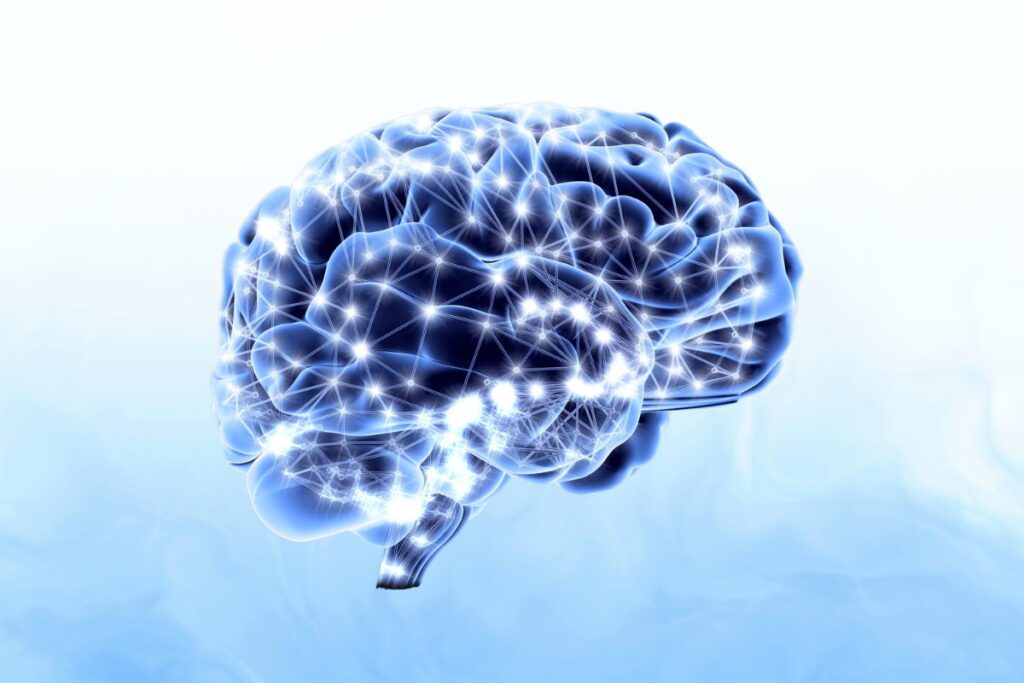In the pursuit of a healthier life, the impact of sleep on our mental well-being is often overlooked. Sleep is not merely a state of rest; it is a fundamental pillar supporting our cognitive and emotional health. One pertinent question arises: How does sleep affect your mental health? The answer lies in the intricate processes that unfold during different sleep stages. The dynamic interplay between REM (Rapid Eye Movement) and NREM (Non-Rapid Eye Movement) sleep holds the key to unlocking the secrets of dreaming and its connection to mental health.
Understanding this relationship not only opens a gateway to optimizing sleep but also sheds light on its profound influence on cognitive and emotional well-being.
Table of Contents
Understanding the Sleep Landscape: REM vs. NREM
NREM and REM sleep are distinct phases that constitute a full sleep cycle. NREM sleep, encompassing stages 1 through 4, is characterized by slow and synchronized brain waves, gradually leading to deeper sleep. On the other hand, REM sleep is marked by increased brain activity, vivid dreams, and rapid eye movements. Each phase serves a unique purpose in maintaining physical and mental health, with REM sleep playing a pivotal role in the cognitive domain.
Sleep Is the gentle hug that mental health craves, a tender embrace that mends the fragments of a busy day
The Influence of REM Sleep on Mental Health
Scientific studies have unveiled a profound connection between REM sleep and mental health. During REM sleep, the brain consolidates memories, processes emotions, and engages in synaptic pruning – a crucial process for learning and memory retention. Disruptions in REM sleep have been linked to an increased risk of mood disorders, heightened anxiety levels, decreased resilience to stress and impaired cognitive function.

Moreover, it is during REM sleep that we experience dreams. The question arises: why do dreams occur predominantly in this phase? Researchers propose that the heightened brain activity during REM sleep stimulates the limbic system, the emotional center of the brain, leading to the creation of vivid and often surreal dreamscapes.
Calming the Storm Within: Navigating the Anxiety-Sleep Connection
In our daily lives, anxiety can often act as a relentless storm, disrupting our peace of mind and casting a shadow over our ability to rest. The intricate connection between anxiety and sleep lies in the reciprocal relationship between these two states of being. Anxiety, whether arising from the challenges of the day or lingering beneath the surface, can significantly impact the quality of our sleep. Racing thoughts, heightened stress levels, and an overactive mind become formidable barriers to the tranquility necessary for a restful night.
In the quIet hours of slumber, the mInd engages In a dance wIth dreams, creatIng a melody that soothes the soul and restores the heart
Conversely, the quality of our sleep plays a pivotal role in shaping our ability to cope with anxiety. A disrupted sleep pattern can exacerbate feelings of unease and intensify the emotional storm within. Understanding and navigating this connection is crucial for cultivating a sense of calm and promoting a more peaceful state of mind. By unraveling the dynamics between anxiety and sleep, we can begin to implement strategies that foster restorative sleep, providing a beacon of serenity in the face of life’s storms.
The Dream-Mental Health Nexus: Exploring the Depths
Dreams are not mere figments of imagination; they are windows into our subconscious. The content of our dreams can reflect our deepest fears, desires, and unresolved emotions. Analyzing dreams has become a therapeutic tool in psychology, aiding individuals in uncovering hidden aspects of their psyche.

The link between dreams and mental health extends beyond mere symbolism. Dreams serve as a natural mechanism for emotional regulation. They allow the brain to process and make sense of complex emotions, contributing to mental resilience and well-being.
Benefits of Dreaming for Mental Health
- Emotional Processing: Dreams provide a safe space for the brain to process and release pent-up emotions, contributing to emotional equilibrium.
- Creativity Enhancement: Renowned individuals, from artists to scientists, attribute their creative breakthroughs to dreams. Salvador Dali, for instance, drew inspiration from his dreams, leading to iconic surrealist artworks.
- Problem Solving: Dreams often present scenarios that challenge our problem-solving skills. The brain, in attempting to resolve dream scenarios, enhances its problem-solving abilities, potentially aiding in real-life situations.
Real-Life Examples: How Dreams Shape Success
Countless successful individuals credit their dreams for influencing their achievements. Take, for example, Nobel laureate Niels Bohr, who claimed that the structure of the atom was revealed to him in a dream. Similarly, Paul McCartney conceived the melody for the iconic song “Yesterday” in a dream. These instances underscore the profound impact of dreams on creative thinking and problem-solving. In Arianna Huffington‘s “Sleep Revolution” and Matthew Walker‘s “Why We Sleep” books, you can find many more inspiring real-life examples to broaden your vision.
Moreover, in his seminal work, “Why We Sleep,” Matthew Walker delves into the intricate relationship between sleep, dreams, and mental health. Walker emphasizes the importance of REM sleep in memory consolidation and emotional regulation. His research underscores the critical role that quality sleep plays in fostering optimal mental health.
Optimizing Your Sleep for Mental Wellness
For those seeking to enhance their mental well-being through improved sleep, adopting healthy sleep habits is paramount. Establishing a consistent sleep schedule, creating a comfortable sleep environment, and practicing relaxation techniques can contribute to better sleep quality. Furthermore, recognizing the significance of both REM and NREM sleep in the sleep cycle ensures a comprehensive approach to mental health.
Conclusion: The Power of Dreams in Nurturing Mental Resilience
In the pursuit of a healthier and more fulfilling life, understanding the connection between REM sleep, dreaming, and mental health becomes imperative. Dreams are not strange narratives but powerful tools for emotional processing, creativity enhancement, and problem-solving. By acknowledging the role of REM sleep in shaping our mental landscape, we pave the way for a more profound understanding of the importance of quality sleep.
A well-rested mInd Is lIke a garden In full bloom, where dreams are the flowers that bloom under the moonlIght of tranquIlIty
As we navigate the complexities of our lives, let us not overlook the silent yet transformative influence of our dreams. In the realm of REM sleep, we find not only the restoration of our bodies but also the key to unlocking the doors to our subconscious minds, leading us towards a path of improved mental resilience and overall well-being.
Incorporate these insights into your lifestyle, and start a journey where the mysteries of your dreams are revealed, offering you not only restful nights but also mental health and creativity. Sweet dreams await, and with them, the promise of a healthier, more vibrant life.

